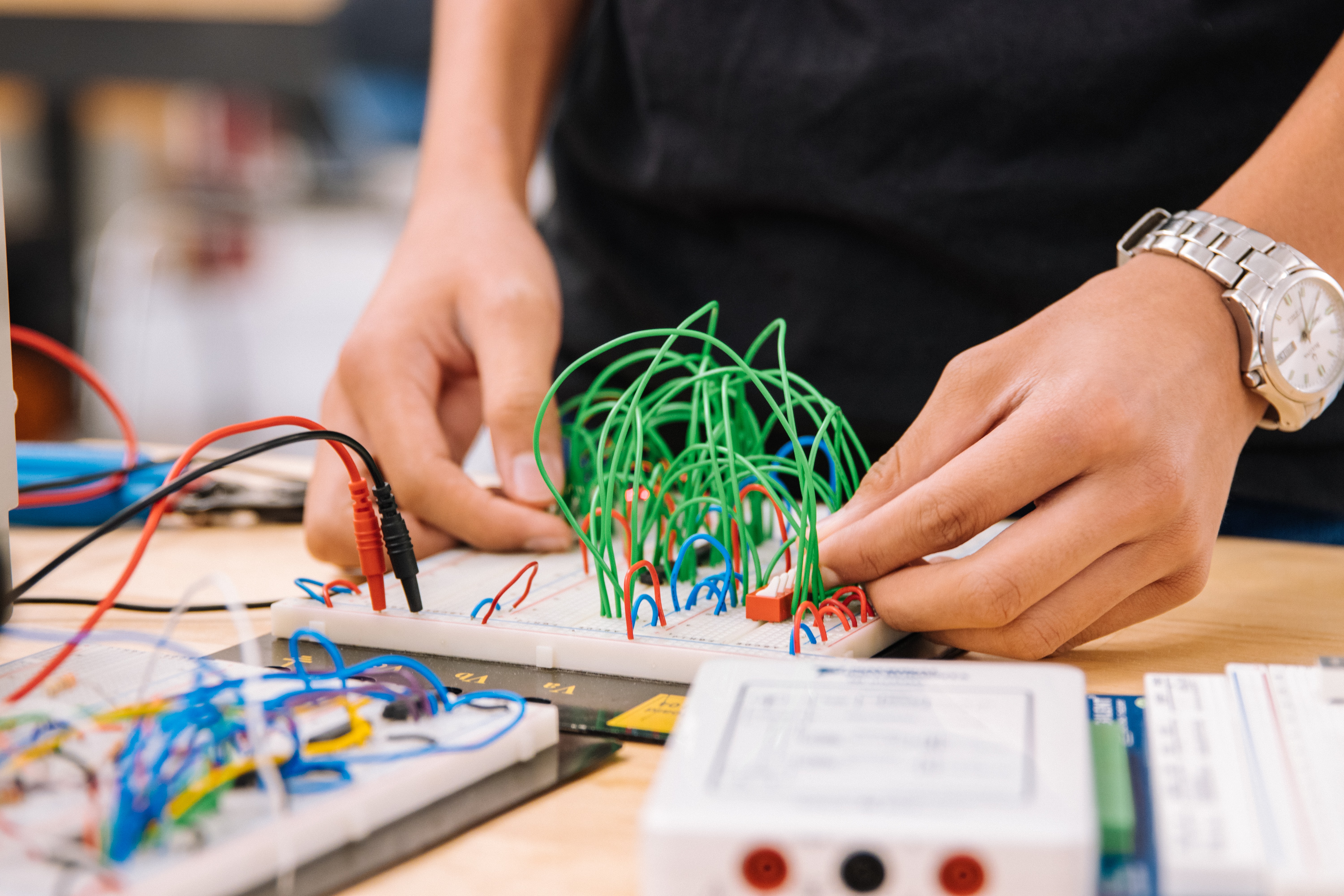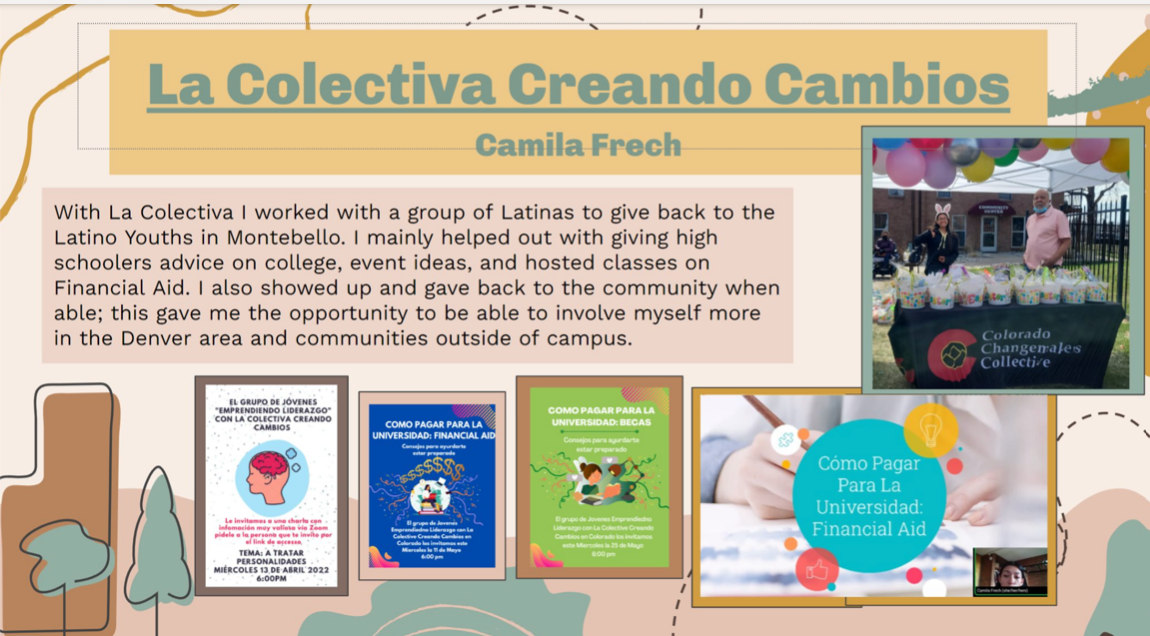Beyond Helping Sciences
By: Ethel C. Swartley, Center for World Languages & Cultures

Participating in this community of practice stretched my thinking about what it means to be “community-engaged” in my teaching, and in many ways it showed me how little I knew! Among other things, it helped me to realize that this is not just a matter of “developing practical projects” for classes or “doing deeds for the public good”. Although I’ve always been concerned about social justice, I think my prior teaching engagements in the community were largely limited to these two ways of thinking. If I was teaching a language class and wanted to do an out-of-class project, I needed to justify it by having a language objective, right? In fact, perhaps I was using the community to meet my goals even as I was asking my students to “serve” the needs of the community. I saw this naively as a win-win, but this COP has forced me to ask whether my previous projects have been too simplistic, and too self(DU)-centered.
Before joining this group, I wasn’t aware of how much research has been done surrounding the connection between education and community. I think I previously saw community engagement as a means for giving my students opportunities for authentic language practice – a way of giving students practical applications for their learning – or maybe I saw community-engaged learning as mostly the domain of “social work” and the “helping sciences.” Since I started my academic career in the social sciences, I easily saw community engagement as a natural part of those fields. If I thought beyond this, I probably saw community-engaged scholarship as scientists developing things that were good for “real business” or that solved human problems.
Community-engaged practice can, of course, do all of these things, but it is (or should be) much more. Through the COP, I became aware of what broad multidisciplinary research has been done about this topic, and I realized that many colleagues in different fields are asking similar questions and working toward common goals. I felt encouraged because the COP forced me to ask deeper and more valuable questions. We wrestled with the effects our engagement can have (positive or negative) on the communities we connect with, and we questioned the very nature of higher education. These discussions made my earlier assumptions and applications seem very small. Yet, when it was my turn to lead a session, that very sense of my own “smallness” pushed me to research and learn, to dig into why I do what I do in community engagement and to think more “largely” about what I and my students can contribute and how we can be a part of the world as a whole.
I am grateful to the community of practice for challenging me to be humble and always in learning posture.


